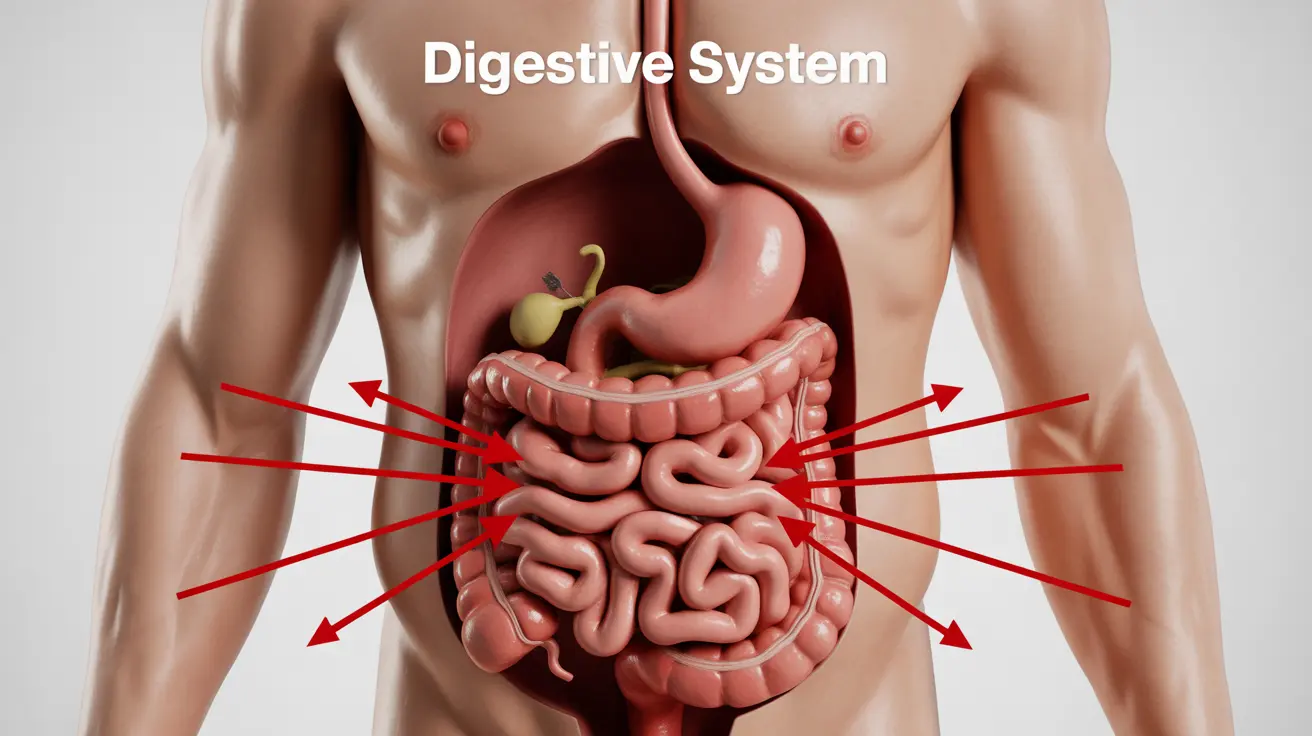High blood sugar, or hyperglycemia, is a serious condition that requires careful attention and understanding. Whether you have diabetes or are concerned about your blood sugar levels, recognizing how your body signals elevated glucose levels is crucial for maintaining your health and preventing complications.
In this comprehensive guide, we'll explore the telltale signs of high blood sugar, understand what causes these dangerous spikes, and learn about effective ways to manage and prevent them.
Common Signs and Symptoms of High Blood Sugar
When your blood sugar rises above normal levels, your body typically responds with several distinctive warning signals:
- Increased thirst and frequent urination
- Persistent fatigue and weakness
- Blurred vision
- Headaches
- Difficulty concentrating
- Dry mouth and skin
Immediate Physical Sensations
People experiencing high blood sugar often report specific physical sensations that can serve as early warning signs:
- A feeling of unusual tiredness or lethargy
- Unexplained hunger despite regular meals
- Tingling or numbness in hands or feet
- Feeling irritable or moody
- Slow-healing cuts or wounds
Understanding Blood Sugar Spikes
Several factors can contribute to sudden increases in blood sugar levels throughout the day:
- Consuming high-carbohydrate meals
- Insufficient physical activity
- Stress and anxiety
- Illness or infection
- Certain medications
- Dehydration
Prevention Strategies
Managing blood sugar levels effectively requires a multi-faceted approach:
- Regular blood sugar monitoring
- Balanced meal planning with portion control
- Consistent exercise routine
- Proper hydration
- Stress management techniques
- Medication adherence (if prescribed)
Emergency Management of High Blood Sugar
When blood sugar levels become dangerously high, immediate action may be necessary:
- Check blood sugar levels frequently
- Stay hydrated with sugar-free beverages
- Take prescribed medications as directed
- Engage in gentle physical activity if safe to do so
- Contact healthcare provider if symptoms persist or worsen
When to Seek Medical Help
Certain symptoms warrant immediate medical attention:
- Severe dehydration
- Persistent vomiting
- Difficulty breathing
- Confusion or disorientation
- Blood sugar levels that remain high despite home treatment
Frequently Asked Questions
What does it feel like when your blood sugar is too high?
High blood sugar typically causes increased thirst, frequent urination, fatigue, blurred vision, and headaches. Some people may also experience irritability, difficulty concentrating, and unexplained hunger.
What are the early warning signs of high blood sugar (hyperglycemia)?
Early warning signs include excessive thirst, frequent urination, fatigue, blurred vision, and slow-healing wounds. You might also notice increased hunger, dry mouth, and numbness or tingling in your extremities.
How can I quickly lower my blood sugar if it's too high?
To lower high blood sugar quickly, drink plenty of water, engage in light exercise if safe, take insulin or medication as prescribed, and monitor blood sugar levels closely. Avoid eating additional carbohydrates until levels normalize.
What causes blood sugar spikes during the day, and how can I prevent them?
Blood sugar spikes can be caused by high-carbohydrate meals, stress, lack of exercise, and certain medications. Prevention includes regular monitoring, balanced meals, consistent exercise, stress management, and medication adherence when prescribed.
When should I see a doctor about symptoms of high blood sugar?
Seek immediate medical attention if you experience severe dehydration, persistent vomiting, difficulty breathing, confusion, or if your blood sugar remains high despite home treatment measures. Regular check-ups are also important for ongoing blood sugar management.




